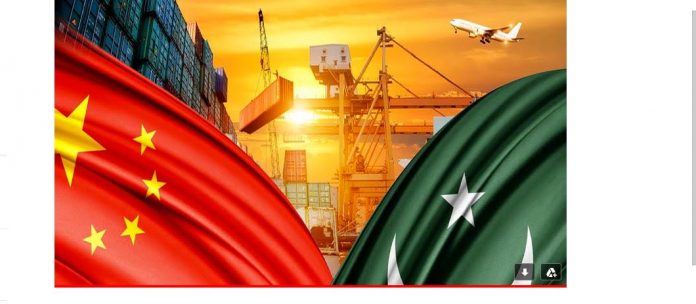China-Pakistan Economic Corridor (CPEC)’s Special Economic Zones (SEZs) are a lifetime opportunity for the Pakistani companies
DNA
ISLAMABAD, Sept. 21 – China-Pakistan Economic Corridor (CPEC)’s Special Economic Zones (SEZs) are a lifetime opportunity for the Pakistani companies and the people as they will provide regular business and job openings.
According to a report published by Gwadar Pro on Monday, the SEZs with new business models are likely to generate reasonable jobs, develop industrial and business infrastructures and establish domestic value chains connected regionally and extra-regionally with the help of Iron Brother China.
Given the successful record of China in constructing and running several SEZs, Pakistan finds an opportunity to capitalize on the Chinese experiences and investment human resources and technology in establishing China-led industrial parks.
Recently, Prime Minister Imran Khan – during the course of the participation in China’s Second Belt and Road Forum (BRF) of the Belt and Road Initiative (BRI) – signed various agreements with his Chinese counterparts.
One of the agreements was related to the construction of Rashakai Economic Zone as a topmost priority. This month, Imran Khan inaugurated the Rashakai Special Economic Zone, completed as a project of CPEC.
The feasibility work on remaining SEZs is underway in accordance with the second phase of CPEC. The proposed SEZs offer multiple opportunities to both the Chinese and Pakistani government, firms and people.
The proposed Special Economic Zones are expected to work as a strong economic incentive for Pakistani authorities to introduce reforms in order to improve domestic business environment, governing behaviour, productive capacity, export base and enhance commercial attractiveness for further foreign investments.
Furthermore, industrialization with a new face is likely to create jobs for the country’s large but underemployed population. The intended industrial activity under SEZs in general and CPEC in particular would expectedly generate employment for the growing educated workforce.
In addition, capacity-building efforts through vocational and technical training would also help local workforce to catch up in quality skills.
Secondly, the SEZs offer an opportunity to attract Pakistani diaspora with their skills and knowledge along with their accumulated capital for more profitable prospects in the country.
Thirdly, trade generation opportunities are likely to induce both the states improve and strengthen bilateral trade regime.
Moreover, within SEZs, Pakistani companies either competing or complementing Chinese companies would learn the latest business and trade techniques from their Chinese counterparts.
Fourthly, the agreed upon SEZs offer an opportunity to strengthen technology cooperation between Chinese and Pakistani companies. Moreover, the SEZs provide with opportunity to manage labour pooling, thus cutting down search cost and reducing unemployment of skilled labour.

















